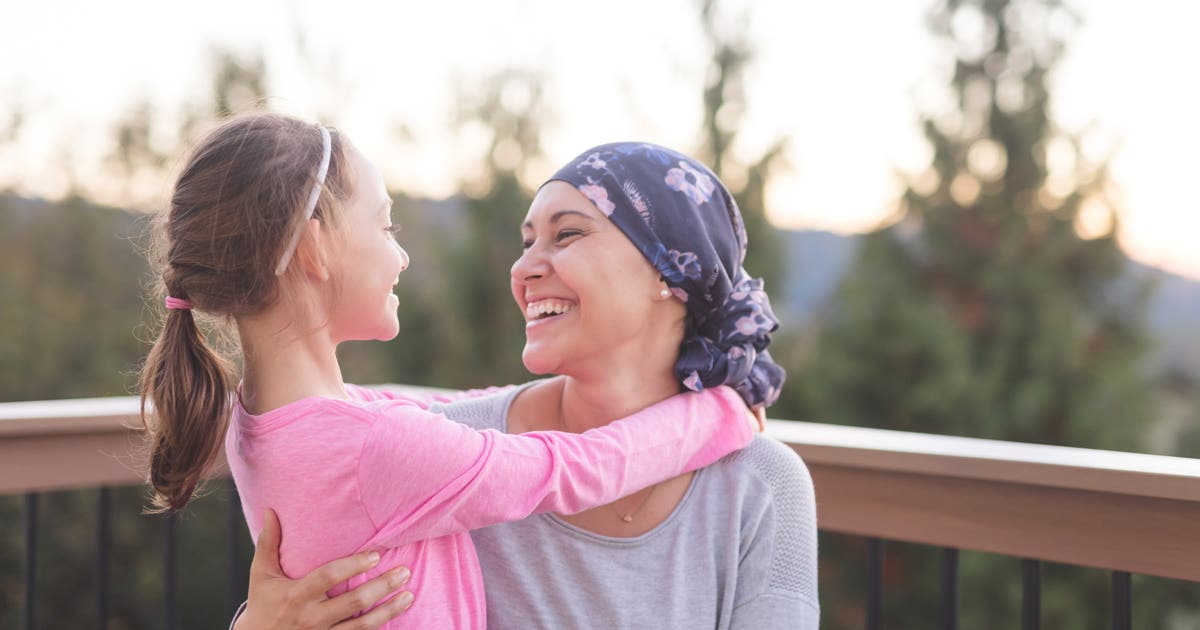These lifestyle changes can prevent 40% of US cancer cases, study finds
40% of cancer cases and nearly 50% of cancer deaths in U.S. adults aged 30 and older are linked to modifiable risk factors.

Cigarette smoking is the leading risk factor, responsible for almost 20% of all cancer cases and 30% of cancer deaths. (CREDIT: Creative Commons)
A recent study by the American Cancer Society (ACS) reveals that 40% of cancer cases and nearly 50% of cancer deaths in U.S. adults aged 30 and older are linked to modifiable risk factors. These include smoking, excess body weight, alcohol consumption, physical inactivity, diet, and infections.
The study, published in CA: A Cancer Journal for Clinicians, indicates that in 2019, 713,340 cancer cases and 262,120 cancer deaths could be attributed to these factors.
Cigarette smoking is the leading risk factor, responsible for almost 20% of all cancer cases and 30% of cancer deaths. "Despite declines in smoking rates, the number of lung cancer deaths due to smoking is alarming," said Dr. Farhad Islami, lead author of the report.
"This highlights the need for comprehensive tobacco control policies to promote smoking cessation and increase early lung cancer screenings, where treatment is more effective. Interventions to maintain healthy body weight and diet can also significantly reduce cancer cases and deaths, especially given the rising incidence of weight-related cancers in younger individuals," he continued.
The researchers analyzed national data on cancer incidence, mortality, and risk factor prevalence to estimate the proportion of cancer cases and deaths attributable to modifiable risk factors.
These factors included:
- current and former smoking,
- secondhand smoke,
- excess body weight,
- alcohol consumption,
- dietary habits,
- physical inactivity,
- UV radiation,
- and infections from viruses like Epstein-Barr, Helicobacter pylori, hepatitis B and C, human herpesvirus 8, HIV, and HPV.
The study found that smoking had the largest impact, accounting for 344,070 cases (19.3% of all cases). It contributed to 56% of preventable cancers in men (206,550 of 368,600) and 39.9% in women (137,520 of 344,740). Excess body weight was the second largest factor (7.6%), followed by alcohol consumption (5.4%), UV radiation (4.6%), and physical inactivity (3.1%).
By cancer type, the proportion of cases caused by modifiable risk factors varied significantly. For instance, all cases of cervical cancer and Kaposi sarcoma were linked to these factors, while only 4.9% of ovarian cancer cases were.
More than 80% of melanomas and cancers of the anus, larynx, lung, pharynx, trachea, esophagus, and oral cavity were attributable to these risk factors. Lung cancer had the highest number of cases linked to these factors in both men (104,410) and women (97,250), followed by skin melanoma (50,570), colorectal cancer (44,310), and bladder cancer (32,000) in men, and breast (83,840), uterine (35,790), and colorectal (34,130) cancers in women.
“These findings underscore the need to increase access to preventive health care and awareness about preventive measures," said Dr. Ahmedin Jemal, senior author of the study. "Effective vaccines are available for hepatitis B and HPV, which cause liver cancer and several other cancers, respectively. Timely vaccination can significantly reduce the risk of chronic infections and the associated cancers. However, HPV vaccination rates in the U.S. remain suboptimal."
The study's results stress the importance of lifestyle changes and preventive measures to reduce the burden of cancer. By addressing these modifiable risk factors, a significant number of cancer cases and deaths can potentially be prevented, improving public health outcomes across the nation.
Note: Materials provided above by the The Brighter Side of News. Content may be edited for style and length.
Like these kind of feel good stories? Get the Brighter Side of News' newsletter.
Joshua Shavit
Science & Technology Writer | AI and Robotics Reporter
Joshua Shavit is a Los Angeles-based science and technology writer with a passion for exploring the breakthroughs shaping the future. As a contributor to The Brighter Side of News, he focuses on positive and transformative advancements in AI, technology, physics, engineering, robotics and space science. Joshua is currently working towards a Bachelor of Science in Business Administration at the University of California, Berkeley. He combines his academic background with a talent for storytelling, making complex scientific discoveries engaging and accessible. His work highlights the innovators behind the ideas, bringing readers closer to the people driving progress.



